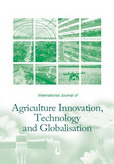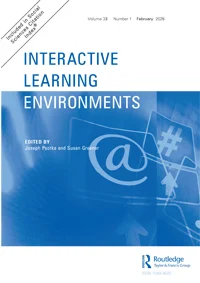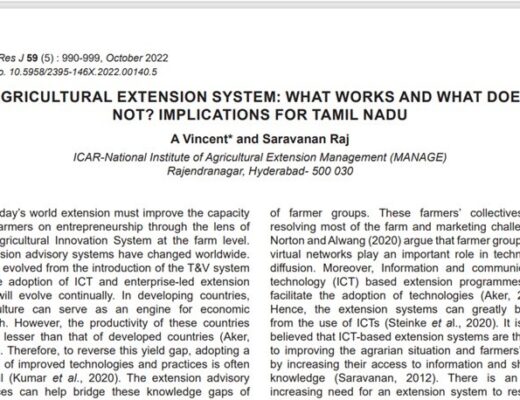Saravanan, R, (2013) e-Agriculture Prototype for Knowledge Facilitation among Tribal Farmers of North-East India: Innovations, Impact and Lessons. Journal of Agricultural Education and Extension. Vol. 19 (2). Pp: 113-131.
Abstract
Purpose: This case study deals with the implementation methodology, innovations and lessons of the ICT initiative in providing agricultural extension services to the rural tribal farming community of North-East India.
Methodology: This study documents the ICT project implementation challenges, impact among farmers and briefly indicates lessons of the e-agriculture project.
Findings: The e-agriculture prototype demonstrated that the Rs. 2,400 (USD 53) cost of the extension services to provide farm advisory services was saved per farmer per year, expenditure was reduced 3.6 times in comparison with the conventional extension system. Sixteenfold less time was required the farmers for availing the services and threefold less time was required to deliver the services to the farmers compared with the conventional extension system. However, this article argues that in less developed areas, information through ICTs alone may not create expected development. Along with appropriate agricultural information and knowledge, field demonstrations and forward (farm machinery, manure, seeds) and backward linkages (post-harvest technology and market) need to be facilitated with appropriate public–private partnership between knowledge and other rural advisory service providers for agricultural development.
Practical implications: This article lists a number of practical lessons which will be useful for the successful planning and implementation of e-agriculture projects in developing countries.
Original value: This article is a first case study on ICTs for agricultural extension initiatives among the tribal farmers who dominate the less developed North-East India. Read more…


